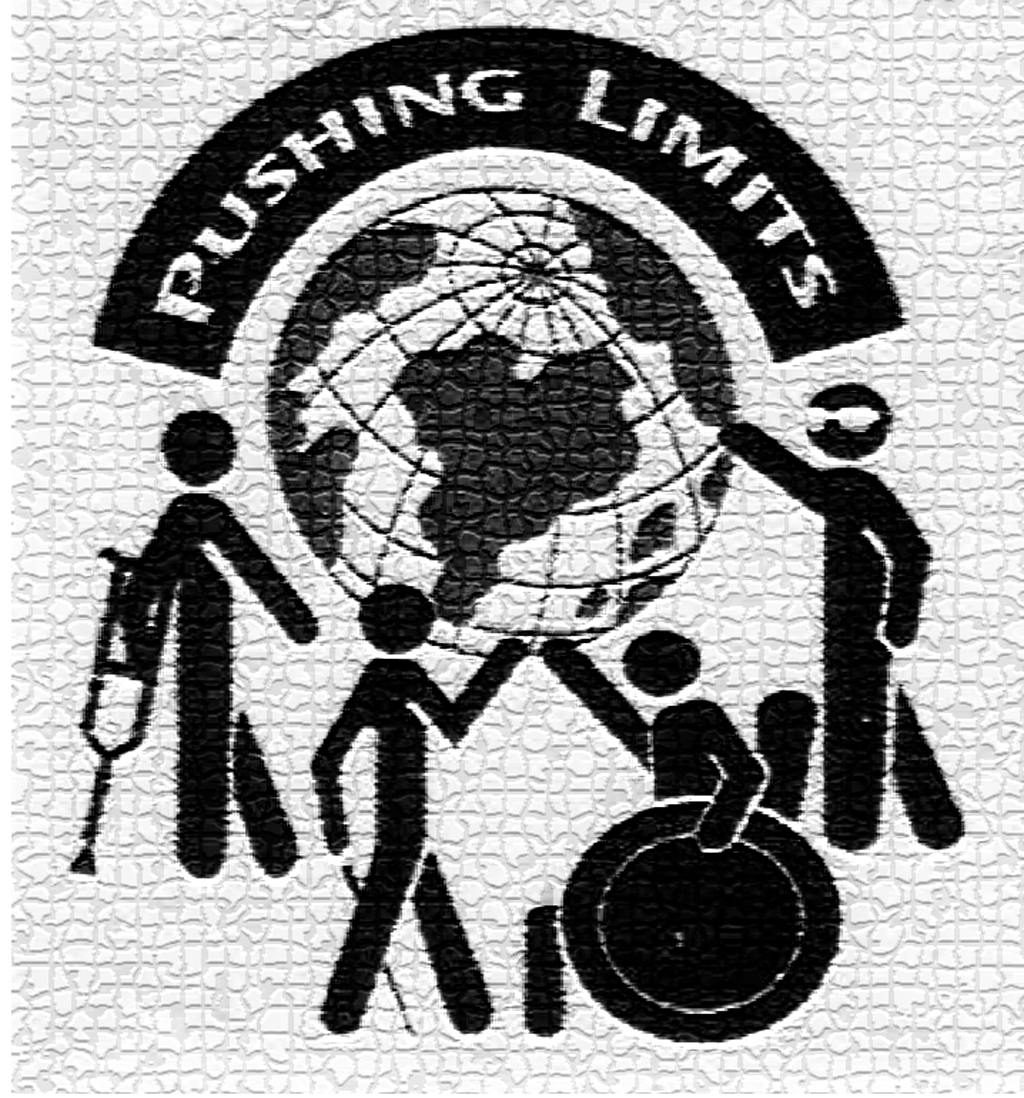Dogs & People with Disabilities – Pushing Limits – December 22, 2023
Description
Sarah Rodriguez
In a world where she could be anything, Sarah Rodriguez became a certified professional dog trainer. Many would have imposed limitations on her in their minds because Sarah Lives with Spinal Muscular Atrophy.
Spinal Muscular Atrophy is a rare neuromuscular disease that affects individuals’ control of their voluntary muscles. She is living proof that individuals living with disabilities are just as capable dog trainers and pet owners as their able-bodied counterparts.
On this pet-friendly program, Sarah shares her expertise and experience as owner of Homeschooled Hound, the business she started to teach others how to grow closer with their furry friends. We hear where her passion for animals began and the science behind positive reinforcement.
Listen in for Sarah’s tips for more accessible pet training and pet caring for those across the spectrum of mobility.
Produced and edited by Dominick Trevethan. This program originally aired in a longer form on the Disability Myth.
TRANSCRIPT
♪ Keep on pushing, keep on pushing ♪ ♪ I’ve got to keep on pushing,
keep on pushing ♪ ♪ I can’t stop now ♪ ♪ Move up a little higher, some way, somehow ♪
Dominick Trevethan: Welcome to Pushing Limits, KPFA’s program by and about people with disabilities that airs every Friday at 2:30pm. My name is Dominick Trevethan and I will be your host today as I am joined by my friend Sarah Rodriguez, owner of Homeschooled Hound.
Sarah also lives with spinal muscular atrophy, the same genetic condition that I was born with. Essentially, we both have extremely limited range of motion, as the motor neurons that control our voluntary muscles lack a protein needed to stay alive and healthy. As a result of this, our muscles are extremely atrophied, which has led us to live our lives as power wheelchair users. As you will hopefully come to learn throughout the rest of this program, despite the fact that we look different, we are adaptable and we can accomplish anything that anyone else can. On today’s program, we will be talking about ways in which people with disabilities can adapt to become capable dog trainers and pet owners, despite the misconception that we may struggle to do so.
Additionally, this program aired as a one hour-long discussion on my podcast, “The Disability Myth,” which I co-host with my caretaker and best friend, Uriel Ruelas. If you’d like to learn more about me, Uriel, and our takes on the disabled experience, check us out on Apple Podcasts, Amazon Music, Spotify, and /or YouTube. Also, be sure to keep up with us on socials, such as Facebook and Instagram @thedisabilitymyth, all one word. In the meantime, here are Sarah’s thoughts on those misconceptions that I mentioned earlier:
Sarah Rodriguez: So I know that a lot of people think like, “Oh, you can’t you know make physical contact with your dog if you’re like in a wheelchair, so you can’t provide comfort and love to them,” or, “You mustn’t be able to feed them, because physically it’s hard for you to move,” and I think there’s so many different ways to meet the dog’s needs or any animal’s needs for that matter. And like for example you know I think so many people think like ‘oh I just love to hug my dog’ and as a dog trainer I can tell you like most dogs actually hate to be hugged. Humans love to like hug people and that’s how they show affection. But when you look at like dogs together and they’re like have a deep bond, they like to curl up next to each other. They’ll lick them, they’ll like be near them. But it’s not like they’re like petting each other or hugging them. So even if a dog like sleeps with you or curls up next to you, that’s a lot of what they need as far as social and physical contact.
And there are definitely ways that we can love on them, give them scritches and just have fun with them, play with them. As a dog trainer, I do a lot of ada
More Episodes
When you think of professional athletes, some of the names that come to mind may include the likes of LeBron James, Cristiano Ronaldo, and Tom Brady. However, athletes living with disabilities can be just as impressive as their able-bodied counterparts, yet they don’t seem to get the same level...
Published 11/08/24
Published 11/08/24
The rise of right-wing power in the U.S. is the culmination of a 50 year plan to seize the reins of government power in the U.S. It has succeeded in the Supreme Court and, who knows, could take the Presidency and both House and Senate at Tuesday’s election. As the plan becomes actualized, the...
Published 11/01/24


